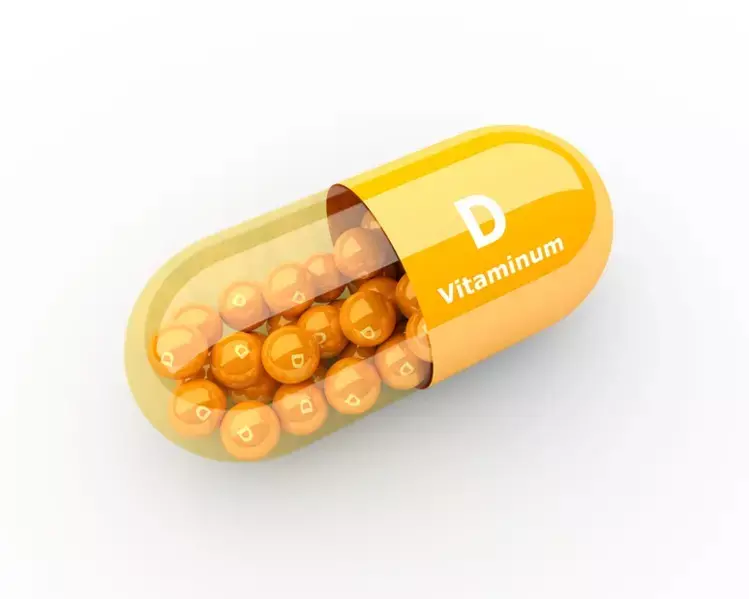- Home
- Medical news & Guidelines
- Anesthesiology
- Cardiology and CTVS
- Critical Care
- Dentistry
- Dermatology
- Diabetes and Endocrinology
- ENT
- Gastroenterology
- Medicine
- Nephrology
- Neurology
- Obstretics-Gynaecology
- Oncology
- Ophthalmology
- Orthopaedics
- Pediatrics-Neonatology
- Psychiatry
- Pulmonology
- Radiology
- Surgery
- Urology
- Laboratory Medicine
- Diet
- Nursing
- Paramedical
- Physiotherapy
- Health news
- Fact Check
- Bone Health Fact Check
- Brain Health Fact Check
- Cancer Related Fact Check
- Child Care Fact Check
- Dental and oral health fact check
- Diabetes and metabolic health fact check
- Diet and Nutrition Fact Check
- Eye and ENT Care Fact Check
- Fitness fact check
- Gut health fact check
- Heart health fact check
- Kidney health fact check
- Medical education fact check
- Men's health fact check
- Respiratory fact check
- Skin and hair care fact check
- Vaccine and Immunization fact check
- Women's health fact check
- AYUSH
- State News
- Andaman and Nicobar Islands
- Andhra Pradesh
- Arunachal Pradesh
- Assam
- Bihar
- Chandigarh
- Chattisgarh
- Dadra and Nagar Haveli
- Daman and Diu
- Delhi
- Goa
- Gujarat
- Haryana
- Himachal Pradesh
- Jammu & Kashmir
- Jharkhand
- Karnataka
- Kerala
- Ladakh
- Lakshadweep
- Madhya Pradesh
- Maharashtra
- Manipur
- Meghalaya
- Mizoram
- Nagaland
- Odisha
- Puducherry
- Punjab
- Rajasthan
- Sikkim
- Tamil Nadu
- Telangana
- Tripura
- Uttar Pradesh
- Uttrakhand
- West Bengal
- Medical Education
- Industry
Vitamin D deficiency tied to increased pain in postmenopausal women after knee replacement

CLEVELAND, Ohio (May 5, 2021)--Vitamin D is an essential component of a healthy diet and has been shown to protect against bone disease and maintain soft tissue health.
Researchers have found in a new study that Vitamin D deficiency is an independent risk factor for increased postoperative pain for postmenopausal women undergoing total knee replacement.Vitamin D Total knee replacement may be more painful in postmenopausal women who have deficiency of vitamin D.
The results of the study are published online in Menopause, the journal of The North American Menopause Society (NAMS).
Vitamin D deficiency is a major issue globally. It is estimated that 60% of adults have insufficient levels of the bone-building vitamin. Estrogen deficiency in perimenopausal women has been associated with decreased levels of vitamin D. A sedentary lifestyle and lack of sun exposure have also been shown to contribute to vitamin D deficiency in perimenopausal women.
In this new study, researchers sought to investigate the effect of vitamin D levels on function outcomes and risk factors of moderate to severe pain in postmenopausal women after total knee replacement. The procedure is frequently recommended for treating advanced knee osteoarthritis when nonsurgical treatment is no longer effective. Although the procedure is safe, many women experience postoperative pain.
Previous studies have sought to identify factors that play a role in determining the amount of pain women feel after undergoing knee replacement surgery. Among other factors, these studies pinpointed postmenopausal status and low estrogen levels as being associated with joint paint primarily in women aged 50 to 59 years. This new study suggests a link between vitamin D deficiency and a greater risk of postoperative pain. It identified vitamin D deficiency, smoking, and a high body mass index (BMI) as independent risk factors for moderate to severe pain after knee replacement surgery.
The new study additionally found that there was a high prevalence (67.3%) of vitamin D deficiency in postmenopausal women scheduled for total knee replacement. These study results are in line with previous studies that suggested that vitamin D deficiency is associated with the development of osteoarthritis, as well as muscle cramps, bone pain, walking difficulty, decreased bone mineral density, and fractures. The results of studies like these could provide valuable insights to clinicians evaluating postmenopausal women before major joint surgeries.
Results are published in the article "Effects of preoperative serum vitamin D levels on early clinical function outcomes and the moderate-to-severe pain prevalence in postmenopausal women after primary total knee arthroplasty."
"This study found that high body mass index, smoking, and vitamin D deficiency were independent risk factors for moderate to severe postoperative pain after knee replacement in postmenopausal women. Additionally, those with preoperative vitamin D deficiency had poorer functional outcomes. These findings highlight opportunities for clinicians to address these modifiable factors before postmenopausal women undergo joint replacement surgeries," says Dr. Stephanie Faubion, NAMS medical director.
Dr Kamal Kant Kohli-MBBS, DTCD- a chest specialist with more than 30 years of practice and a flair for writing clinical articles, Dr Kamal Kant Kohli joined Medical Dialogues as a Chief Editor of Medical News. Besides writing articles, as an editor, he proofreads and verifies all the medical content published on Medical Dialogues including those coming from journals, studies,medical conferences,guidelines etc. Email: drkohli@medicaldialogues.in. Contact no. 011-43720751


